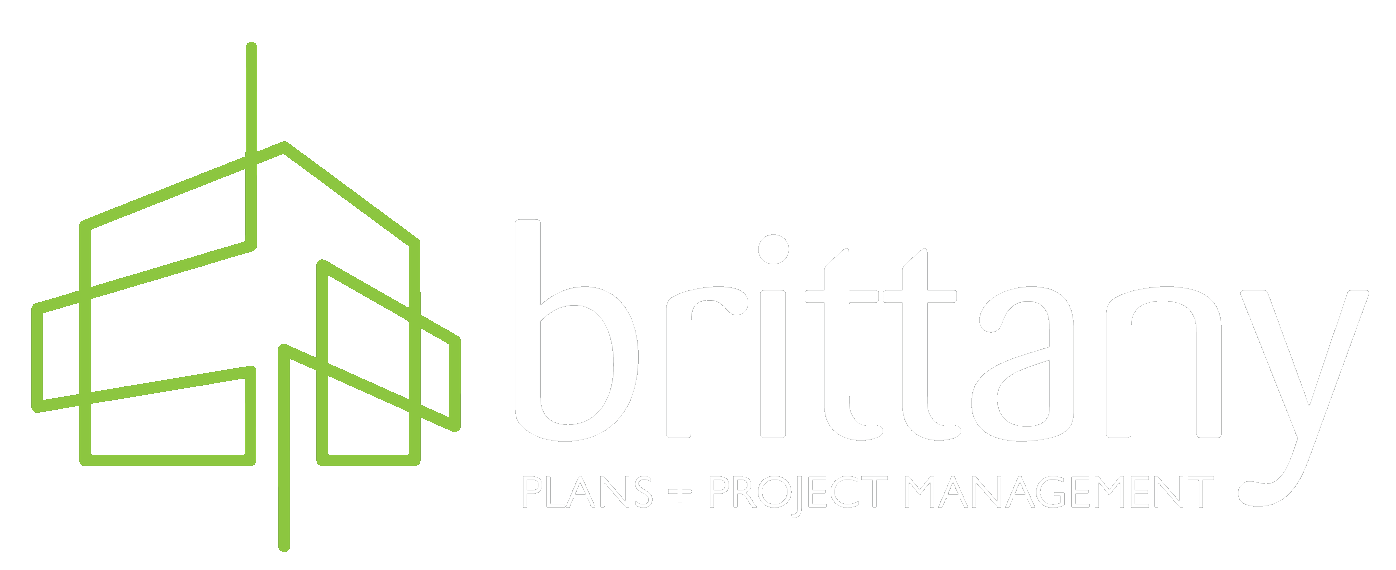Planning Process
Brittany Plans
Permis De Démolir – (Demolition)

A demolition permit is a permission provided by the town hall to partially or totally demolish a structure. This permit is required in some municipalities where environmental, architectural, urban, and landscape heritage protection is prioritised. In other municipalities, a demolition permission is not required unless stated in a Local Urban Plan (PLU) or a Conservation and Development Plan (PSMV).
When is it required to apply for a demolition permit?
A demolition permit is often necessary for any entire or partial demolition carried out in a protected area or an architectural, urban, and landscape heritage preservation zone. Specific thresholds may differ, so verify the local restrictions that apply to your project.
Composition of a demolition permit file:
A demolition permission file consists of various components, including:
- Cerfa form n°13405*04 is completed and signed.
- A plan of the land.
- A layout plan for the structures to be demolished.
- A photograph that enables the terrain to be located in both the immediate area and the distant landscape.
- A document that explains why the demolition is taking place and where the excavated debris will end up.
Steps and Deadlines for a Demolition Permit:
- Once completed, the documentation must be delivered in four copies to the town hall of the municipality where the property to be demolished is located. The processing duration is usually two months. If the application is accepted, the applicant will have two years to begin work. This term might be extended for one year.
- (To be continued: law on demolition permits, speakers, FAQ, imposition, particular demolition examples, regularisation, rejection, sanctions, taxable and floor spaces, land footprint, free or administrative recourse, advice, hints, and recommendations.)
What the law states concerning demolition permits:
- In France, demolition permits are managed by the Urban Planning Code. More specifically, articles L.430-1 to L.430-4 and R.430-1 to R.430-39 specify the requirements and procedures governing this permit. It is crucial to remember that in some towns, a demolition permit is required regardless of the nature of the construction. Alternatively, it may be necessary solely for protected structures or those located in a protected sector.
Professionals involved in demolition authorizations:
- The property owner can prepare and submit a demolition permit on his own, but he can also seek professional assistance. Architects, consulting engineers, and lawyers that specialise in planning law are typically qualified to assist with this procedure. These professionals may advise you on whether your project complies with local legislation and assist you in preparing and submitting your application as efficiently as possible.
Frequently asked questions and answers regarding the demolition permit:
- Here, we will answer some of the most often asked concerns about demolition licences, such as deadlines for obtaining them, remedies in the event of refusal, potential penalties for demolition without a permit, and many other topics.
Taxation and demolition permit’s:
- There is no explicit tax associated with demolition; nevertheless, depending on the fate of the site following destruction, some taxes may apply. For example, if you rebuild a structure after it has been demolished, you will have to pay development tax.
Demolition of certain structures:
- This section will go over the demolition of various constructions, such as garages, buildings, sheds, pergolas, fences, and roofs. When it comes to demolition, each structure has unique characteristics and obstacles.
Regularising a demolition permit:
- If you demolished a structure without a permit or made errors in your application, you can rectify the problem. This usually necessitates submitting a fresh application for a demolition permit or a previous statement of work, as applicable.
In the event of refusal of the demolition permit:
- If your demolition permit request is denied, you may petition the town hall to reconsider its decision. If this request is also denied, you can file an appeal with the administrative court.
- (Continued with sanctions, taxable area, floor area, footprint, voluntary or administrative appeal, guidance, and recommendations.)
The penalties for demolition without a permit are:
- If you proceed with the demolition without a permit or exceed the completion deadline, you may face a fine. According to article L480-4 of the Town Planning Code, the penalties can be up to €6,000 per square metre of surface developed without licence.
Taxable area of the demolition permit:
- In most cases, the taxable area does not apply to demolition. However, if you intend to rebuild on the site after demolition, you will be required to pay a development tax based on the size of the new project.
Floor area and demolition permits:
- Floor area is not a worry during demolition, but it will be crucial if you intend to build a new structure in its place. It will be used to determine the development tax and ensure compliance with the PLU.
Land footprints and demolition permits:
- The footprint, like the floor space, is not directly related to destruction but becomes relevant when new building is proposed. It will ascertain the effect of future construction on the location and its adherence to local planning requirements.
Courtesy or Administrative Appeal:
- If your demolition permit is denied, you may first file a free appeal with the town hall. If this appeal is rejected or you do not receive a response within two months, you may initiate an administrative appeal with the appropriate administrative court.
Practical counsel, suggestions, and recommendations:
- Before submitting your application, properly plan your demolition project and consult with local restrictions. Take the time to carefully fill out all forms and prepare all necessary documents. If you are unsure about something, don’t hesitate to seek professional assistance.
- Finally, it is critical to follow the regulatory framework during demolition. Demolition without a permit can be costly and cause major legal difficulties.
Conclusion:
Although the information provided within these guidelines are compiled to assist, we would always recommend to speak to your Local Maries Office, to determine any specific local requirements that will be specifically applicable to your application.
In case of any doubt or questions; your local Maries Office / Planning services are there to help you. They can provide invaluable advice and information specific to your local area.
You should ask Local Marie’s Office or its website for information on how to send your file to it via the internet.

